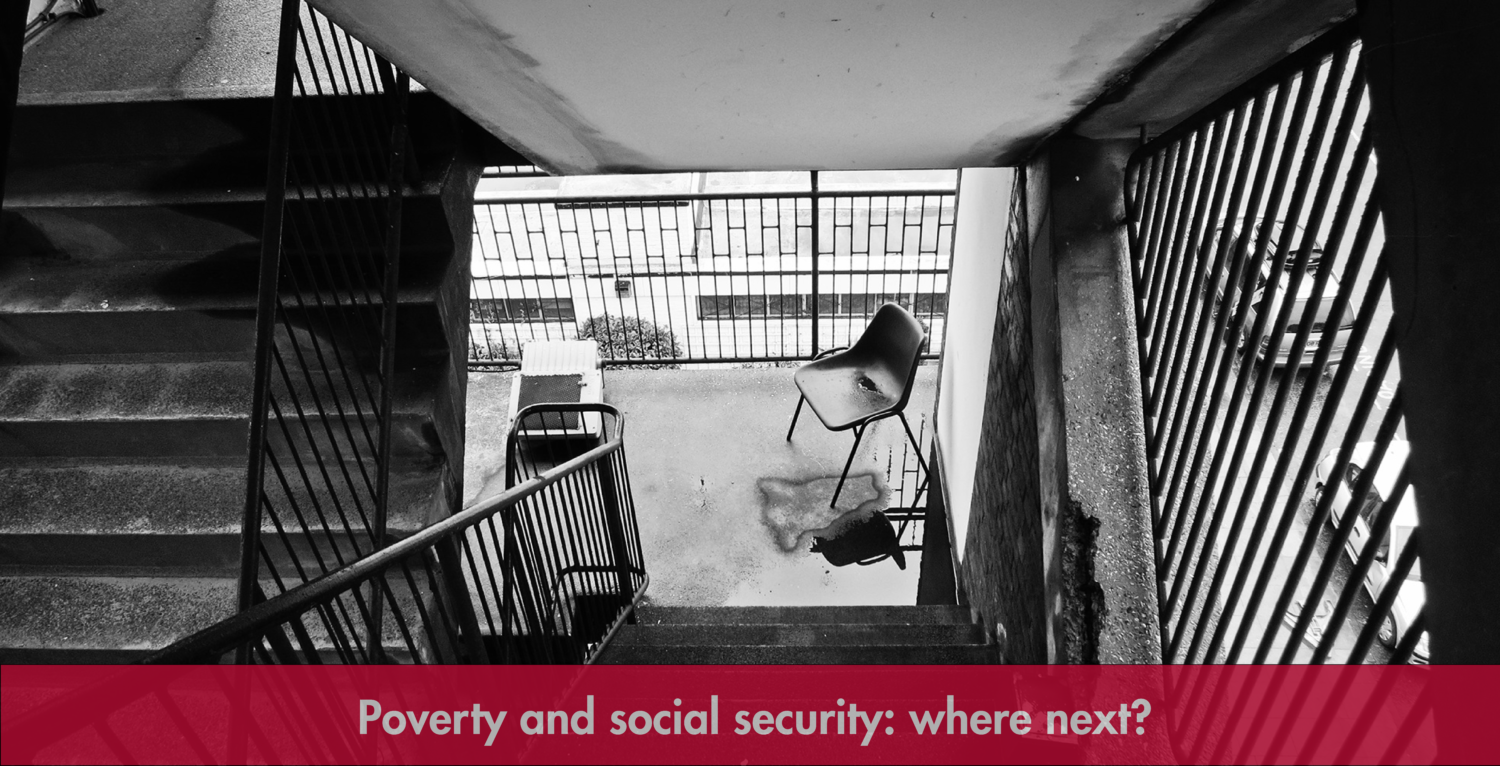A timely lesson
Labour must remember the principled stand George Lansbury and his colleagues made during the Poplar rates rebellion and argue for the renationalisation of our social security system, write Raji Hunjan and Marc Francis.
In his 2016 study on the social security system of the future, the Fabian Society’s Andrew Harrop identified a growing discrepancy between the support for pensioners and those of working age. Three years later, we believe the system for working age claimants has become even more fragmented as responsibility for social security is increasingly devolved to local government. But taking a timely lesson from history should prompt a return to a national social security system.
The year 2021 will mark the centenary of the legendary Poplar rates rebellion. Led, at the time, by future Labour leader George Lansbury, councillors in this part of east London challenged the age-old practice that the costs of poor relief in their area should fall on their local ratepayers alone. For a borough like Poplar, with many residents out of work amid the post-war recession, this placed a severe burden on local ratepayers – far greater than the demands on those in more affluent parts of London.
Lansbury and his colleagues refused to collect the required precepts for the London County Council, Metropolitan Police, Metropolitan Asylums Board and Metropolitan Water Board, and instead spent the money on the relief of the poor. Thirty Poplar councillors were imprisoned for their refusal to authorise the payment of these precepts. But they enjoyed widespread public support for their principled stand. And after six weeks in prison, the government rushed through legislation to begin to equalise the burden of relief between rich and poor boroughs. The Poplar rates rebels had won.
For most of the next 100 years, the principle of equalised tax burdens between rich and poor boroughs was adhered to by governments of all parties, especially after the remnants of the Poor Laws were finally swept away and replaced by the national welfare state in 1945.
Since 2010, however, the principle of equalised tax burdens between rich and poor boroughs has become more and more eroded, not only as successive governments have cut Whitehall funding for local authorities, but as they have devolved responsibility for key parts of the national social security system down to councils too.
Zacchaeus 2000 Trust was founded a generation ago by Reverend Paul Nicolson and a group of friends opposed to Margaret Thatcher’s community charge. Like many others, they feared this ’poll tax‘, which required everyone to pay, would drag Britain back to a world where the working poor were forced to subsidise the out of work poor and absolutely destitute. Thatcher’s political demise enabled John Major and Michael Heseltine to replace it with the council tax instead. While this was still a regressive tax, disabled and unemployed residents were at least made exempt through council tax benefit, which was fully subsidised by national government.
The coalition government’s Local Government Finance Act in 2012 changed all that. It devolved responsibility for council tax benefit down to local authorities themselves, along with a 10 per cent cut in funding. Councils were required to ensure pensioners remained protected, which meant any cuts fell disproportionately on working-age claimants. We were delighted to see the Scottish and Welsh governments and many local authorities in England decide to absorb that cut within diminishing budgets, so that working-age people were protected too. However, the majority of English councils passed the burden on to claimants by charging them 10, 15 or even 20 per cent of their council tax bill rather than remitting it altogether.
That is a fundamental breach of the principles Poplar councillors had fought for in 1921. Some of England’s poorest citizens have been taxed £5 a week from their social security benefits. That might not sound much, but it is essential to remember that is often being taken from jobseekers allowance of just £73 a week – a sum already insufficient to buy food and pay for heating, electricity and clothing. Predictably, the impact has been financially ruinous for very many of those households. And many councils have now hiked up charges even further. Lewisham for example, now has a 33 per cent minimum payment for claimants – £500 a year for those in Band D properties.
Over the past five years, Zacchaeus 2000 and the Child Poverty Action Group have tried to bear witness to the impact of those cuts in London. Our freedom of information requests have revealed that council tax support claimants have been served with a court summons for late payment on nearly half a million occasions since 2013 – usually adding another £100 to their bill. And more than 85,000 of those have had bailiffs instructed against them to recover the debt – doubling it during that process. If that experience has been replicated in other parts of the country too, around 2.5 million of England’s poorest residents have been summonsed and half a million chased by bailiffs. The 2020s must see the reinstatement of the national system of council tax benefit.
The abolition of council tax benefit is just the most obvious ‘localisation’ of social security. The bedroom tax and benefit cap, which cut some claimants’ entitlement to housing benefit were supposedly offset by a big increase in discretionary housing payment (DHP) funding given to local authorities. However, there was nowhere near enough DHP funding to help everyone and so councils were left with unenviable choices as to who got it. Unsurprisingly, some authorities now impose conditions, such as refusing to help unemployed claimants in the belief they should be working – exactly the kind of distinction between the “deserving and undeserving poor” the old Poor Law guardians often made. Those kind of judgments were out of date in the 20th century, let alone the 21st. The bedroom tax and benefit cap must be scrapped and housing benefit pegged back at actual rent levels.
Also in 2013, the discretionary social fund – a government scheme to help people with expenses that are difficult to meet on a low income – was devolved to local government too. Funding was maintained and ring-fenced in 2013/14, but then merged into the rest of the revenue support grant which has been cut year on year ever since. Again, while some councils do still maintain a decent package of grants and loans for those in need, most have cut the budget and replaced cash with ‘in-kind’ goods or vouchers. Others have simply done away with grants and loans completely – scrapping the safety net in their local area. This needs to be changed too. Even if it is administered locally, the eligibility criteria for grants and loans must be set nationally.
For many of the people Zacchaeus 2000 serves, the localisation of these key parts of our social security system has been an absolute disaster. It has left people not just out of pocket, but hit them so hard they have faced eviction and homelessness or had bailiffs on their doorstep. The 100th anniversary of the Poplar rates rebellion provides a timely reminder why the levels of support provided by the welfare state in general should be set nationally rather than locally.
The changes we are proposing are not cheap. But we hope the Labour movement’s memory of the principled stand Lansbury and his colleagues made, will inspire a new generation of politicians to be bold and argue for the renationalisation of our social security system.
This blog is part of our Poverty and social security: where next? series. Read more about the project here.
Photo credit: Nico Hogg


